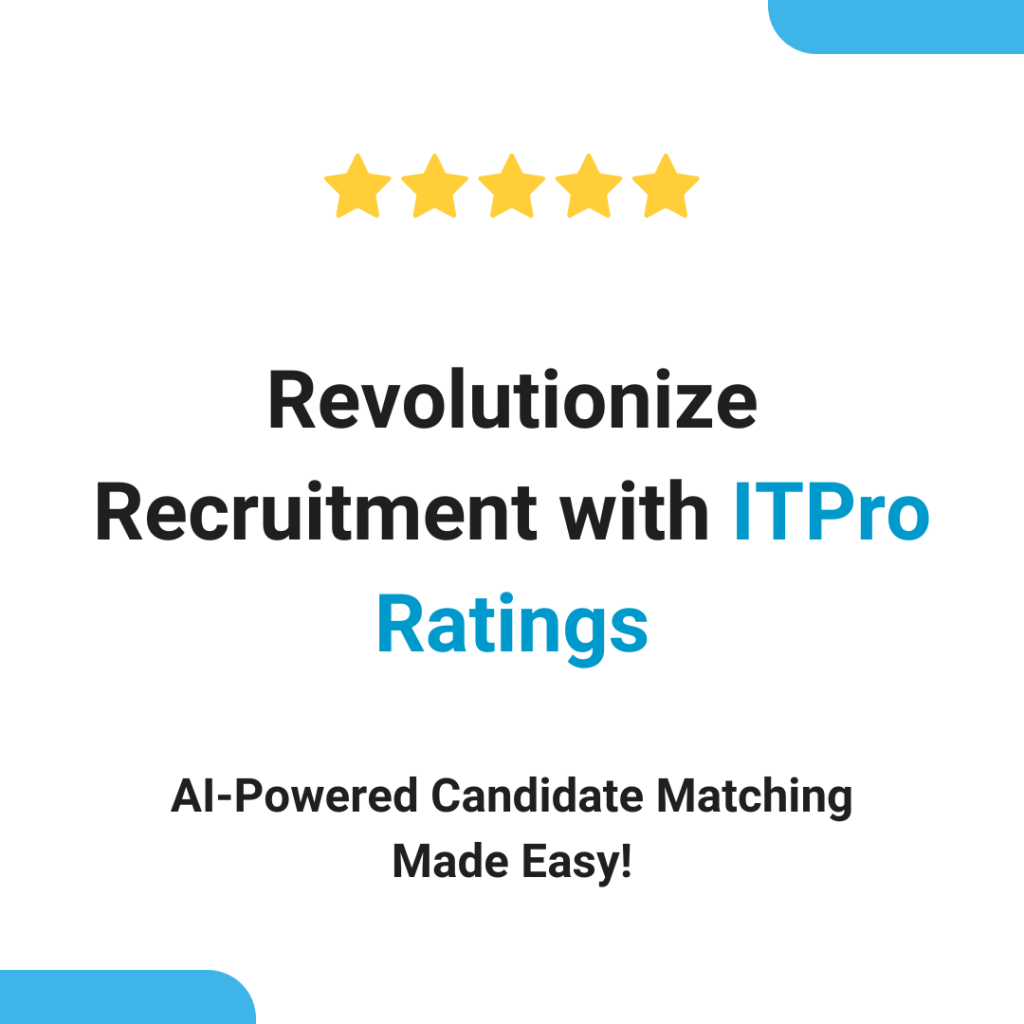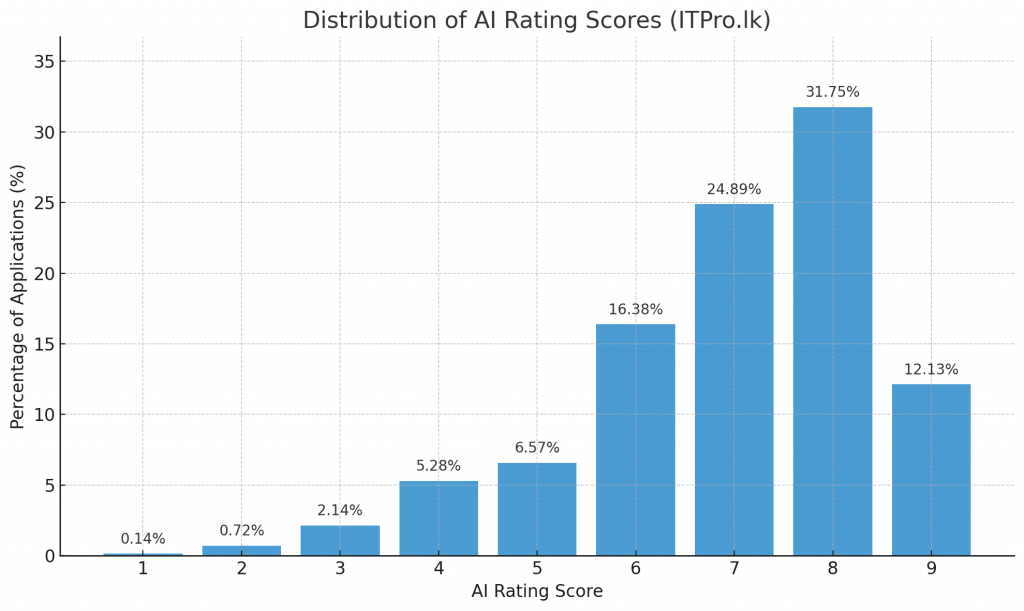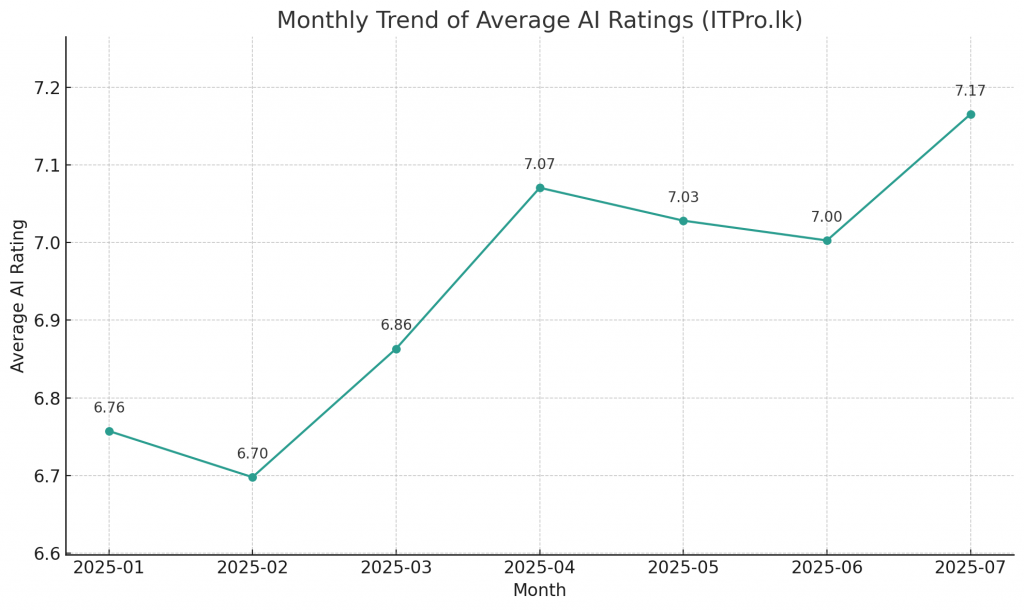“Talent retention” is one of the most frequently used phrases in the IT industry.
Company presentations highlight about it, HR policies built around it, leadership always talk about it in townhall meetings.
Yet, in reality true talent retention in many IT outsourcing companies feels more like a myth than an achievable outcome.
The Nature of IT Outsourcing
At its core, IT outsourcing is project-driven. Engineers are hired to work on client requirements, timelines, and budgets that are outside the company’s control. When projects end, change direction, or stop funding, teams are reshuffled or released.
This creates an environment where stability is promised, but uncertainty is built into the business model.
Unlike product companies, outsourcing firms rarely build something they fully own. Developers often short-term deliverables. Over time, this limits emotional ownership and long-term attachment to the work.
Skill Growth vs. Career Growth
Outsourcing companies often argue that exposure to multiple clients accelerates learning.
But is that a truth? Developers may gain surface-level exposure to many technologies but not always the enough depth to master.
Career growth is constrained by:
Flat role structures
Promotion cycles tied to headcount needs, not merit
Titles that change faster than responsibilities
The Market Works Against Retention
In countries like Sri Lanka, the IT talent market is highly competitive. Skilled professionals are approached with:
- Better salaries
- Remote opportunities with global companies
- Product-based roles with clearer ownership
In such an environment, loyalty alone cannot compete with opportunity.
A Shift From Retention to Better Engagement
Keeping large numbers of engineers for the long term is seems impossible, especially in IT outsourcing. We should accept it as it is rather trying to protect what isn’t actually works.
Instead of asking, “How do we keep people for 5–10 years?” a better question might be
“How do we create a place where people do their best work while they are here?”
Shorter tenures are not necessarily failures. If an engineer leaves after a short period of time with stronger skills, positive experiences, and professional respect, that relationship has still delivered value on both sides.
Companies that focus on transparency, meaningful work, and realistic expectations may not retain everyone but will earn a stronger reputation, better referrals, and quality talent over time.

A multifaceted professional known for diverse interests and contributions in various fields, including management, technology, education and entrepreneurship. Also the founder of ITPro.lk, bringing a unique perspective and industry knowledge to writing.











